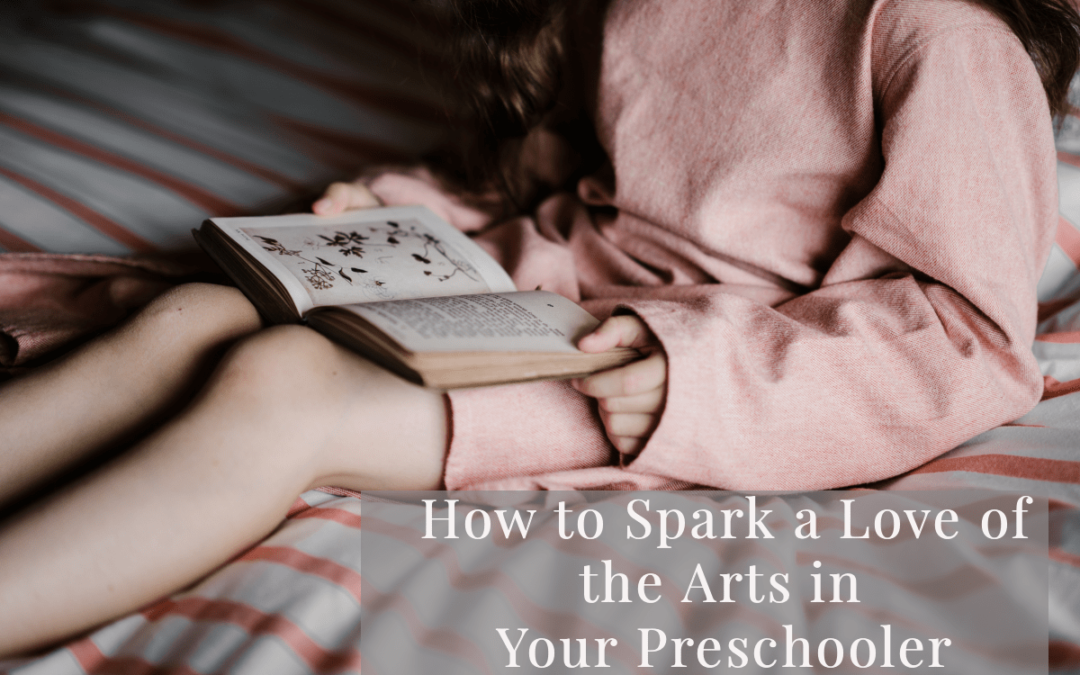
How to Add Delight into Your Homeschool Day
Reading Time: 4 min 42 sec
I am always looking for creative ways to encourage a love of learning in my children. When I stumbled on the idea of using board games as a supplement to our curriculum, I seriously did a dance of victory!
I felt like I had uncovered the homeschool hack of the year as I read about how different moms raved about the benefits of adding board games to their homeschool curriculum. It was like a light bulb went off for me. I was so excited at the thought of having yet another resource that encouraged a love of learning, but that was also FUN. Who doesn’t want to have a blast learning each day?
I decided to immediately test this new theory, I had noticed that we could stand to improve our math skills, and so instead of reaching for another book, I decided to dust off the old board games and gave it a whirl. I was shocked that over a few short months my children’s math comprehension improved immeasurably.
They went from not understanding basic math
concepts to doing mental math in their head.
That was all I needed to be convinced that this game idea worked! I jumped on the game schooling bandwagon and have never looked back!
And the rest is history!
Here is a quick overview of three benefits and my favorite recommendations for adding games to your homeschool day.
- Sneaky Learning
- Adds Fun to Your Day
- Builds Family Memories
- Top 21 Favorite Games

1. Sneaky Learning
Let’s be honest, a lot of what we do as homeschoolers qualify in the “sneaky learning” category and playing games is no different. You can literally teach almost any subject using a board or active game.
My children seem to go through seasons where they dread opening their workbooks and so when that happens, instead of going through the whole cajoling and tears, I just pull out a game of the same subject and learning still happens. A Win for mom!
I was amazed, my experience mainly consisted of playing chess and a handful of card games throughout the years, that there are games for almost every subject!
For instance, we have really enjoyed playing Story Cubes, a language arts game, where the player is challenged to create a story, using the picture prompts that are on the dice. I appreciate that you can play this game multiple ways adapting it to fit younger audiences.
This game encourages creativity, imagination, the ability to think on your feet, and how to create a story with a beginning, middle and end. It comes in a tiny box, that is easy to take with us wherever we go.
As a side note, I follow the age requirements listed on the games very loosely for I have found they always swing older. For instance, my youngest was four years old when she started playing the game Quoridor. This is an unbelievable logic game, that reminds you of chess, but states that it is for ages eight and older. Needless to say, my four-year-old didn’t care about the age requirements as she was crushing every adult in the vicinity with her skills (we are still recovering from that humbling experience).
- Adds Fun into Your Day
Board games are the antidote to cranky, sleepy, rainy, days where typically I would be fighting a losing battle when it came to learning. There is something about coming together around a game that fosters laughter, encouragement, and fun.
Now in the interest of full disclosure, I will say that when we started my kids were little and we had not yet learned how to win or lose (or anything in between) well. I was very on purpose about teaching them the rules of good sportsmanship.
I have also added over the years several cooperative group games, where the players are all working towards a common goal (check out Wildcraft on the list below) which has really helped foster a good attitude when it comes to winning and losing. It’s all about having long-term goals when it comes to heading off potential outbursts!
We do not just leave playing games to chance but have added them as a part of our weekly schedule. Not only does it give me a break from teaching (woohoo!) but it gives the children something to look forward to when they know it has a dedicated part of our schedule.

3. Builds Life Long Family Memories
Some of our most favorite memories as a family has been centered around a game. We typically grab snacks, cozy blankets and turn on some good background music, as we gather around the table. There is something about playing together, that relaxes the whole family, fills us with laughter and jokes, and teaches us to think strategically and work together.
The nice thing about board games is that you can take them with you anywhere. You can develop your logic skills while on vacation, your French in the waiting room at the doctors, and your math skills at the park. It is fun to see your kids laughing, learning and building memories, instead of hearing the dreaded words, “Are we there yet?”
4. Top 21 Board Games
If you are trying to find a game for a specific subject that is not on this list look up the company Think Fun.com. They offer a variety of easy to use games that have been fun to play and are consistently well made.
Though we love every game on this list, Quoridor (pronounced like Corridor) blew me away, with its modern, well made, wooden set. You want to leave this game out as a decorative piece, it’s that impressive.
This game is a little on the higher end of the price tag, but WELL WORTH IT (I have already bought it to give away as gifts)! It takes anywhere from ten-twenty minutes to play the game so it is easy to use when you only have a short window of available time.
I have seen a significant improvement in my children’s ability to think logically after playing this game. Okay, even though I could go on and on, you get the point, they knocked it out of the park, in the creation of this game!
Here are my top 21 favorite games split by subject for ages three to adult. Enjoy!
Math
-
Sum Swamp 5+
-
Math Dice Jr. 6+
-
Geoboards 5+
-
Money Bags 7+
-
Clumsy Thief Money Game 8+
Logic
-
Quoridor 8+
-
Rush Hour 8+
-
Battleship 7+
-
No Stress Chess 7+
-
Sequence 7+
-
Brain Builders 7+
Geography-
Language Arts-
Art-
Science-
-
WildCraft! 4+
STEM-
-
Kinetic Sand 3+
-
Magna-Tiles 3+
-
Knex 5+
What about you? What are your favorite games to foster a love of learning at home?








